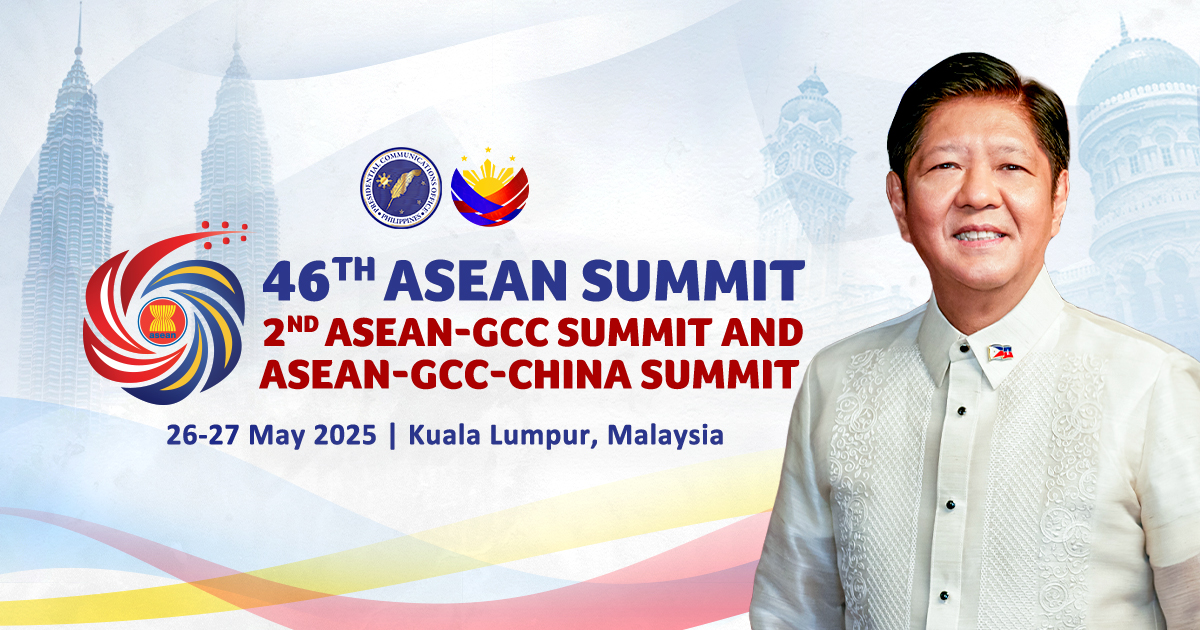SAN JOSE, Tarlac: With more than a month before stepping down from power, President Aquino reiterated his administration’s position in the South China Sea issue saying adherence to international law is still the best equalizer among claimant countries in resolving the dispute.
In an interview during the launch of an irrigation project here, the President also reacted to accusations that his administration committed treason as the Chinese took control of the Scarborough Shoal.
The President said he’d like to hear the specific charge so that he can respond appropriately to the Scarborough issue.
The President also argued that the Philippines can’t engage China in hostilities because it doesn’t stand a chance against the Asian giant.
“If we engage in hostilities there, can we win? O ‘di obviously hindi. Pero even in that aspect, are we endangering lives unnecessarily? Iyong maski papasukan natin ‘yung moral dimension, I think it was parang Saint Thomas Aquinas who talked about Just War,” he told reporters.
But one point is clear, he said: all of the claimants discussing the South China Sea keep on saying about adherence to international law.
“And I think we have demonstrated our complete adherence to international law, number one; number two, all the agreements that this country has entered into, even before my time, we have been scrupulously observing the same,” the President said.
This underpins that all the claimants believe that the great equalizer among nations, big and small, is adherence to international laws that should be binding on everybody, he pointed out.
With regards to question about the Scarborough Shoal being the red line for the Philippines in its dispute with China, the President said there are many red lines.
The first was when China prevented an exploration ship, which secured a service contract from the Philippine government, from doing its work in Recto bank few years ago, he said.
The President also defended his administration response to China’s incursions in the Philippine territory.
Among the country’s approaches was raised the issue to the ASEAN for the crafting of a binding code of conduct in the South China Sea.
The ASEAN and China have so far agreed on the Declaration on the Conduct of Parties in the South China Sea in 2002. Sadly, the agreement is not being observed.
The Philippines also filed a case in the international Arbitral tribunal, questioning China’s excessive claim through its nine-dash line. The tribunal at The Hague is expected to rule this year.
China declined to participate, saying the tribunal has no authority over its South China Sea claims.
Aside from the Philippines and China, other claimants include Vietnam, Malaysia, Brunei and Taiwan. PND (as)


















